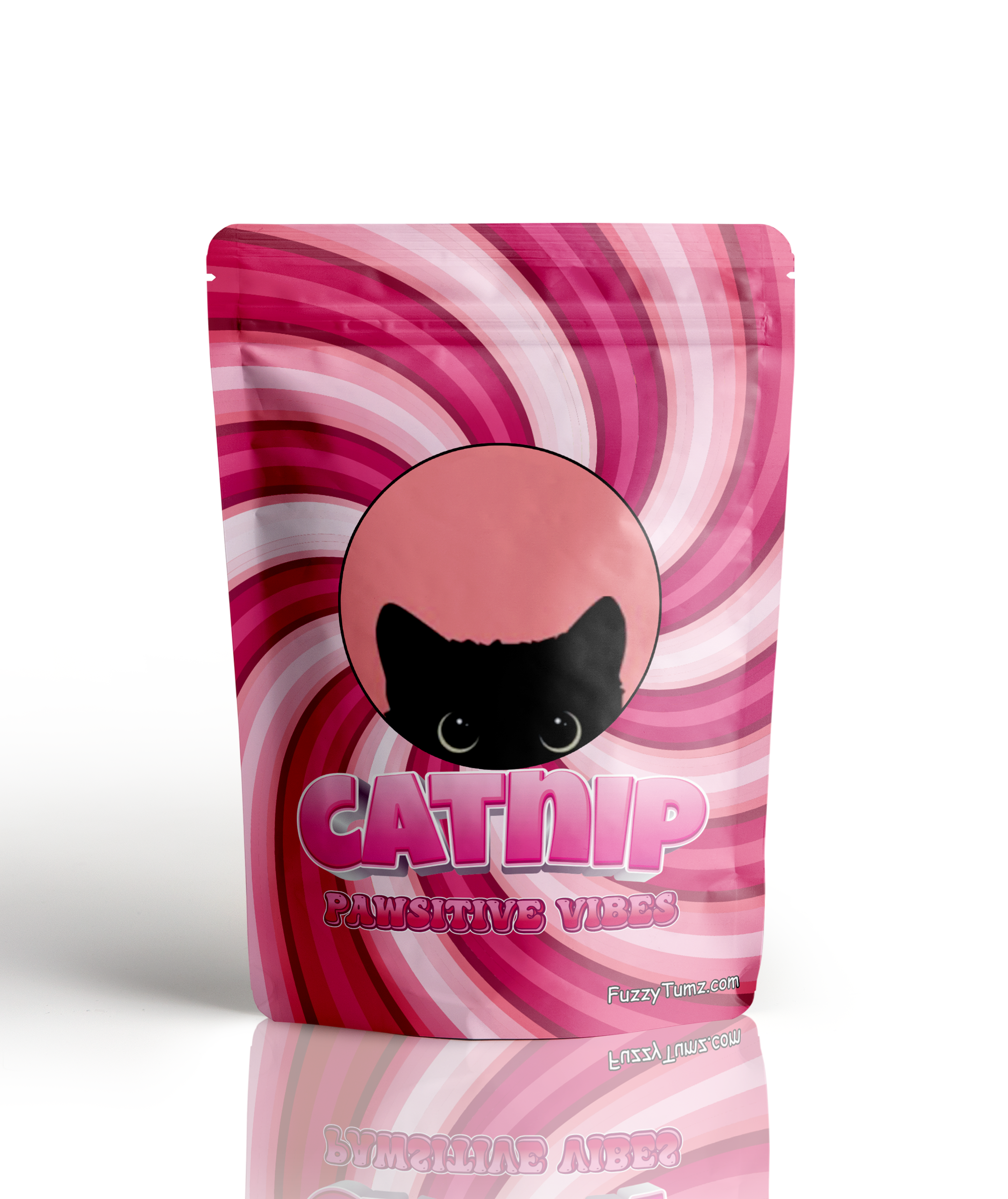Home » Cat Plants » Can the St. John’s Wort Plant be Harmful to Cats?

St. John’s Wort (Hypericum perforatum) is a flowering plant that can be toxic to cats if ingested. While not technically an allergy, this yellow-flowered shrub contains compounds called hypericin and hyperforin which cause photosensitization in felines, leading to severe skin reactions when exposed to sunlight.
St. John’s Wort is commonly found in temperate regions worldwide, often growing as an invasive weed in gardens and natural areas.
Ingestion may cause mild gastrointestinal upset, but is generally not life-threatening.
Ingestion can result in mild symptoms like vomiting, diarrhea, or drooling. Rarely fatal but may require veterinary care.
Eating these plants can lead to more pronounced symptoms like abdominal pain, lethargy, or difficulty breathing. Veterinary intervention may be necessary.
Ingesting even small amounts can cause severe symptoms like organ damage, seizures, or cardiac failure without rapid treatment.
All parts of these plants are extremely poisonous to cats and can quickly lead to death, even with immediate veterinary care.
** Please note: Please note that toxicity level can vary based on the amount ingested and the specific cat. It's always best to keep these plants completely inaccessible to cats and seek immediate veterinary care or call the poison hotline if you suspect your cat has ingested any part of a toxic plant.
If a cat ingests any part of the St. John’s Wort plant, they may develop symptoms related to photosensitivity. Common signs include:
If you suspect your cat has ingested St. John’s Wort, it’s crucial to seek veterinary care immediately. Your vet will likely perform the following diagnostic steps:
Based on the exam findings and test results, your vet may diagnose St. John’s Wort toxicosis and recommend an appropriate treatment plan.

A: Yes, St. John’s Wort is toxic to cats. It can cause symptoms like vomiting, diarrhea, and photosensitivity due to its harmful compounds, such as hypericin.
A: If a cat eats St. John’s Wort, it may experience symptoms like vomiting, skin irritation, and photosensitivity. Immediate veterinary care is necessary to prevent more serious complications.
A: Yes, all parts of the St. John’s Wort plant are toxic to cats, including the leaves, stems, and flowers. These parts contain toxic substances that can lead to poisoning if ingested.
A: Even small amounts of St. John’s Wort can be harmful to cats. Ingesting any part of the plant can cause toxic reactions, so it’s important to keep it away from your pets.
A: While St. John’s Wort poisoning is rarely fatal, it can cause significant health problems in cats. Prompt treatment is essential to alleviate symptoms and ensure recovery.
A: If your cat ingests St. John’s Wort, contact your veterinarian immediately. Early intervention can reduce the toxic effects and protect your cat’s health.
St. John’s Wort has a long history of use dating back to ancient Greece. The plant’s name refers to John the Baptist, as it typically blooms around the feast day of St. John in late June. Historically, St. John’s Wort was used to treat a variety of ailments including kidney and lung issues, insomnia, wound healing, and depression.
In modern times, it is still widely used as an herbal supplement for mild to moderate depression, although its effectiveness remains controversial.
Please note: The information shared in this post is for informational purposes only and should not be considered as veterinary medical advice.
